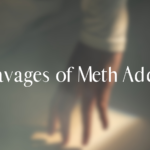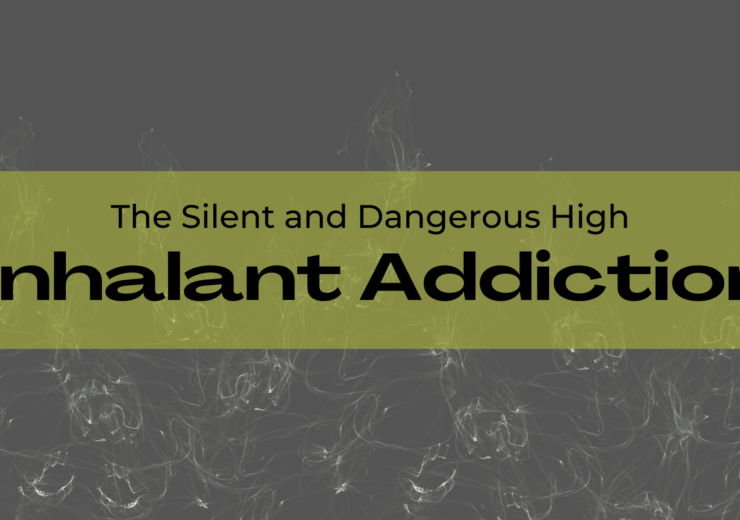The Silent and Dangerous High: Inhalant Addiction

Inhalant addiction, often referred to as “huffing” or “sniffing,” is a lesser-known but highly dangerous form of substance abuse. This type of addiction involves inhaling the fumes of common household products or chemicals to achieve a euphoric or mind-altering effect. In this blog post, we will explore the alarming world of inhalant addiction, its causes, consequences, and the importance of awareness and prevention.
Understanding Inhalant Addiction
Inhalants encompass a wide range of substances that produce psychoactive effects when inhaled. These substances can include:
Solvents: Such as glue, paint thinner, and nail polish remover.
Aerosols: Like spray paint, deodorant sprays, and cooking sprays.
Gasses: Such as propane, butane, and nitrous oxide (laughing gas).
Nitrites: Including amyl nitrite (poppers), which are often used recreationally.
Inhalants are easily accessible, legal, and inexpensive, making them attractive to individuals, particularly adolescents, seeking a quick and intense high. However, their use comes with severe risks.
Causes of Inhalant Addiction
Peer Pressure: Adolescents and young adults are particularly vulnerable to inhalant addiction due to peer pressure and a desire to fit in or experiment with substances.
Easy Accessibility: Inhalants are readily available in most households, making them tempting for those seeking a quick high.
Mental Health Issues: Individuals with underlying mental health issues may use inhalants as a form of self-medication to alleviate emotional distress.
Lack of Awareness: Many people underestimate the dangers of inhalant use and may not recognize it as a serious form of addiction.
Consequences of Inhalant Addiction
Health Risks: Inhalant abuse can lead to a wide range of health problems, including severe damage to the brain, liver, kidneys, and heart. It can also result in respiratory distress, seizures, and even sudden death.
Cognitive Impairment: Prolonged inhalant use can impair cognitive function, memory, and learning abilities, particularly in young users whose brains are still developing.
Psychological Effects: Inhalants can cause hallucinations, paranoia, and mood swings, leading to mental health disorders such as depression and anxiety.
Physical Harm: Frequent inhalant use can result in chemical burns, rashes, and sores around the mouth and nose. The chemicals can also damage the lungs, leading to chronic lung conditions.
Social Isolation: Inhalant addiction often leads to social withdrawal, strained relationships, and isolation from friends and family.

Prevention and Intervention
Preventing inhalant addiction begins with awareness and education:
Education: Schools, parents, and community organizations should educate young people about the dangers of inhalant abuse, its potential consequences, and where to seek help.
Safe Storage: Parents and caregivers should store household products containing inhalants out of reach, in a secure place.
Open Communication: Encourage open and non-judgmental communication with children and adolescents, making it easier for them to discuss their feelings and concerns.
Early Intervention: Recognize the signs of inhalant abuse, such as chemical odors on clothing or empty containers, and seek professional help if addiction is suspected.
Treatment: Inhalant addiction should be treated as a serious substance use disorder. Treatment may involve counseling, support groups, and inpatient or outpatient rehabilitation programs.
Conclusion
Inhalant addiction is a silent and dangerous problem that can have severe physical and psychological consequences. Its accessibility and low cost make it particularly appealing to vulnerable populations, especially adolescents. Awareness, education, and early intervention are essential in preventing and addressing inhalant addiction. By shedding light on this hidden issue and offering support to those affected, we can work toward a safer and healthier future for individuals and communities.








